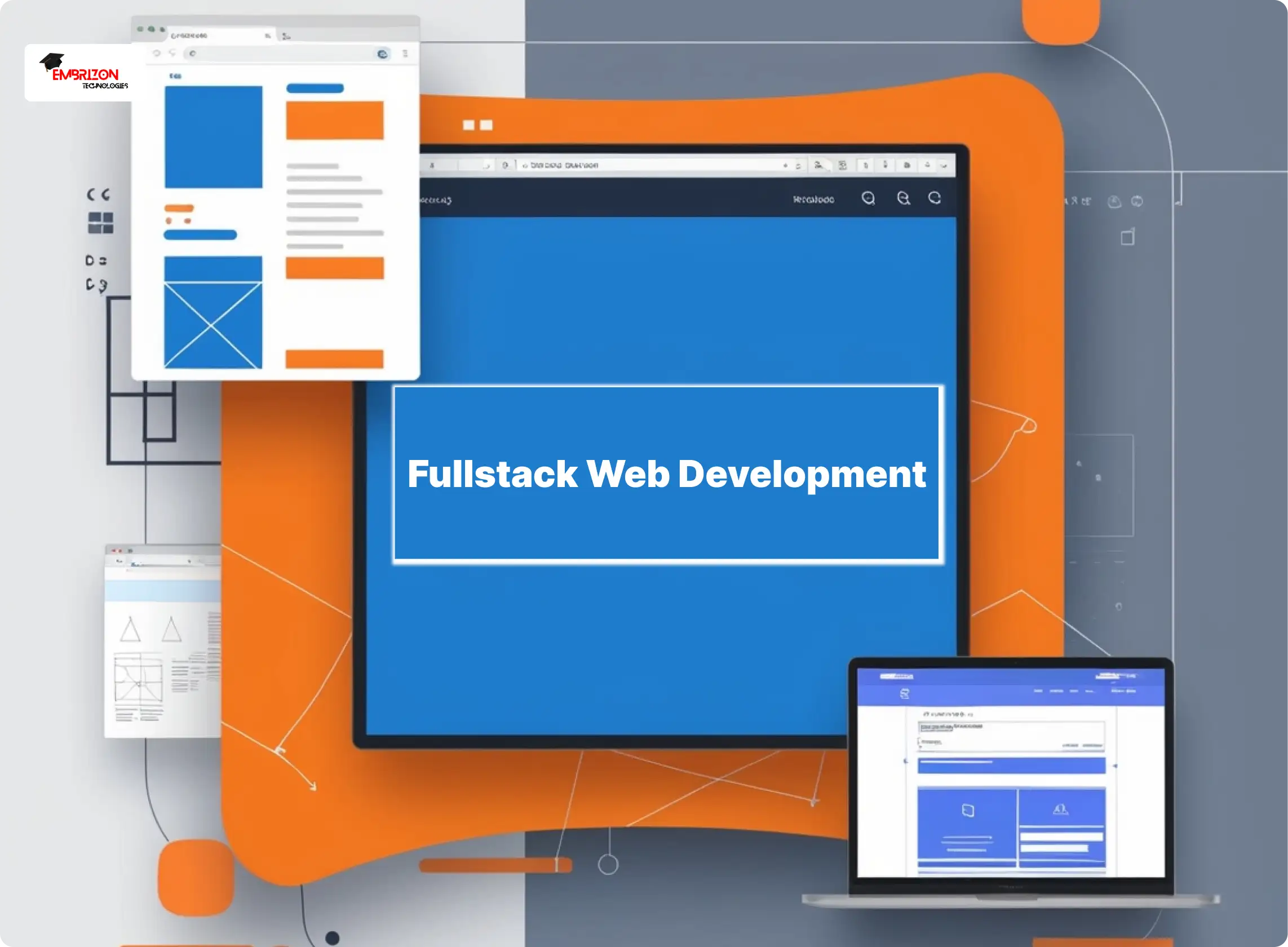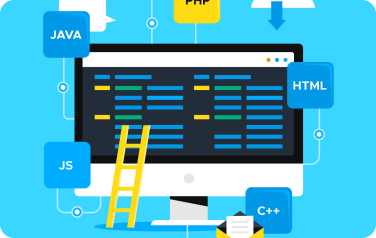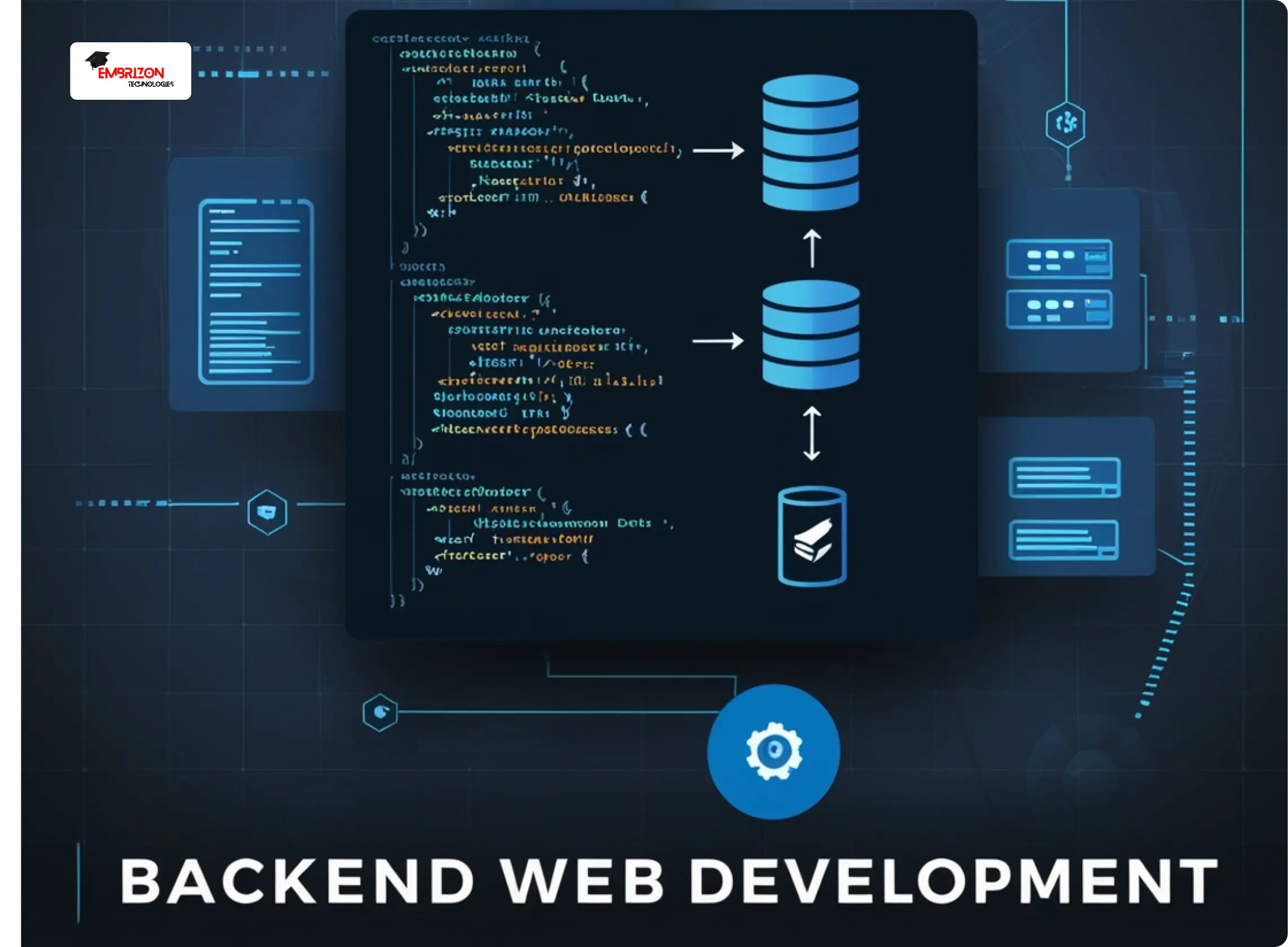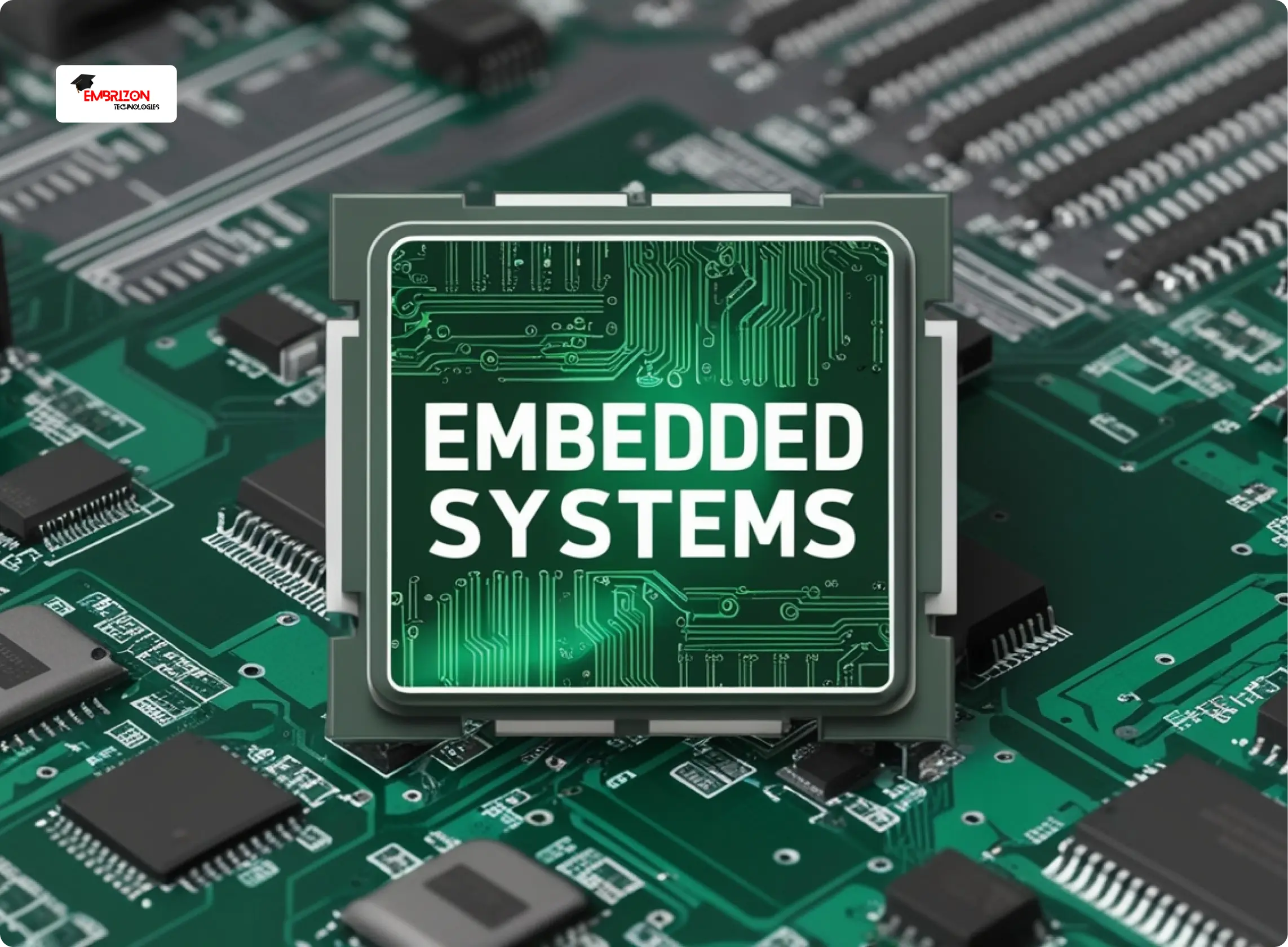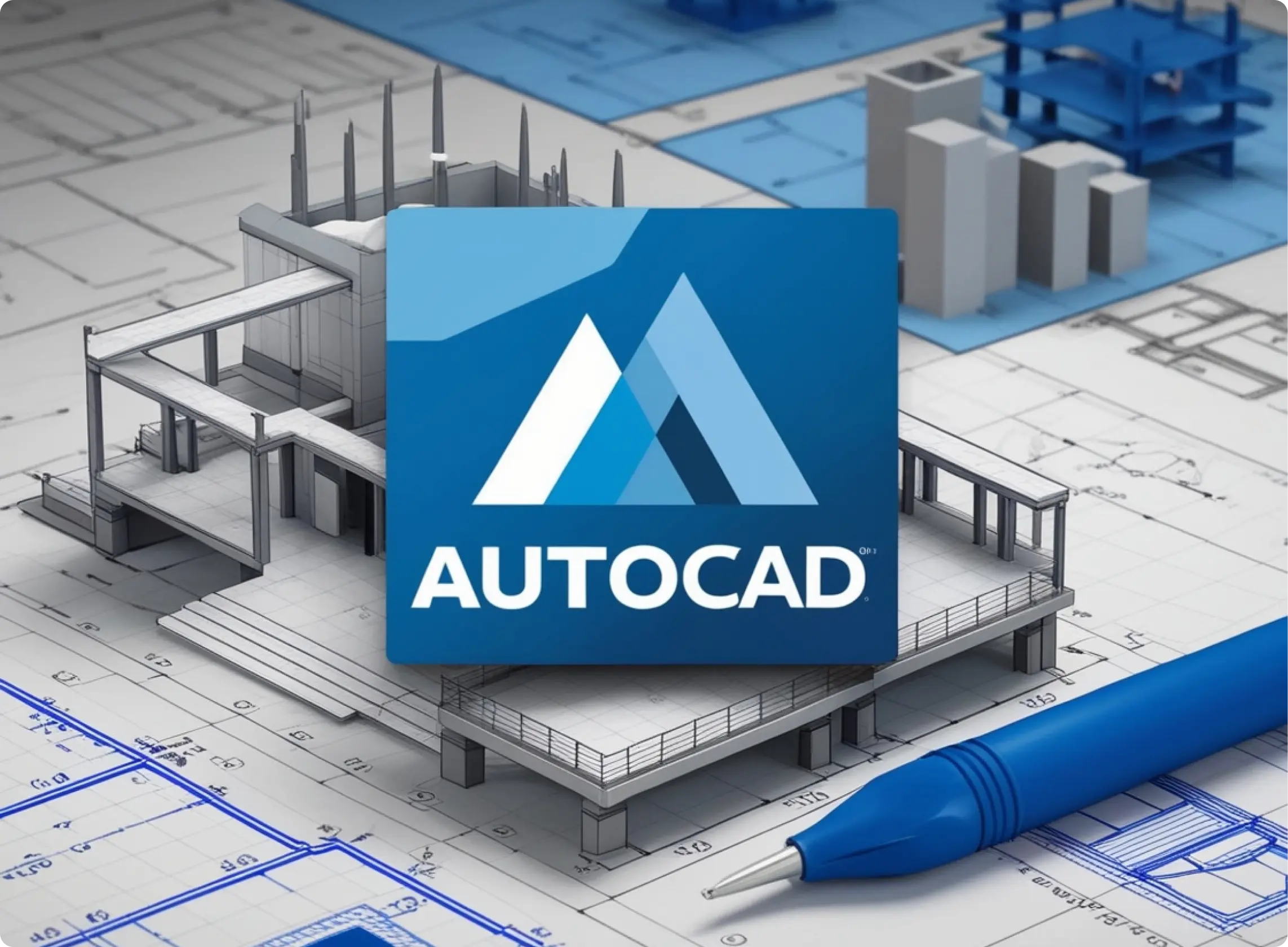DevOps bridges the gap between development and operations, focusing on automation, collaboration, and continuous delivery. This guide explores DevOps fundamentals and tools that help teams deploy software quickly and efficiently.
1. Core Concepts of DevOps
DevOps revolves around Continuous Integration (CI), Continuous Delivery (CD), and Infrastructure as Code (IaC). These practices emphasize code integration, testing, and deployment without manual intervention.
Benefits: Faster deployment cycles, reduced errors, and improved software quality.
2. Essential DevOps Tools
Popular DevOps tools enhance automation, monitoring, and deployment.
Top Tools:
- Jenkins: CI/CD automation.
- Docker: Containerizes applications for portability.
- Kubernetes: Manages containerized applications for scaling.
Benefits: Efficient development workflows, consistent environments, and easy scalability.
Conclusion
DevOps practices and tools enable faster, more reliable software deployment. By integrating CI/CD, IaC, and containerization, DevOps transforms software development into a collaborative, efficient process.
DevOps bridges the gap between development and operations, focusing on automation, collaboration, and continuous delivery. This guide explores DevOps fundamentals and tools that help teams deploy software quickly and efficiently.
1. Core Concepts of DevOps
DevOps revolves around Continuous Integration (CI), Continuous Delivery (CD), and Infrastructure as Code (IaC). These practices emphasize code integration, testing, and deployment without manual intervention.
Benefits: Faster deployment cycles, reduced errors, and improved software quality.
2. Essential DevOps Tools
Popular DevOps tools enhance automation, monitoring, and deployment.
Top Tools:
- Jenkins: CI/CD automation.
- Docker: Containerizes applications for portability.
- Kubernetes: Manages containerized applications for scaling.
Benefits: Efficient development workflows, consistent environments, and easy scalability.
Conclusion
DevOps practices and tools enable faster, more reliable software deployment. By integrating CI/CD, IaC, and containerization, DevOps transforms software development into a collaborative, efficient process.

